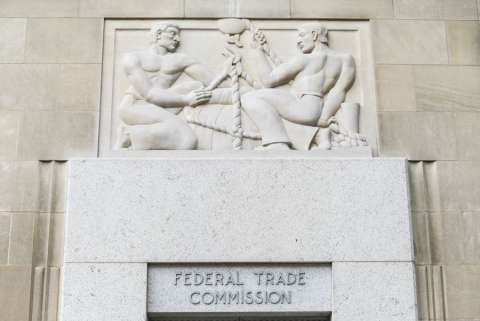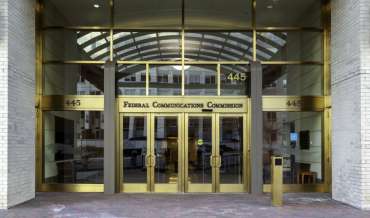We recently hosted a webinar entitled Breaking Down the FTC's New Telemarketing Enforcement Sweep. Hosted by Contact Center Compliance’s Chief Product Office, Isaac Shloss and featuring Eric J. Troutman, Partner at Troutman Amin, and Angelika Munger, Paralegal at Troutman Amin, this webinar examined the ways that the Federal Trade Commission (FTC) has been increasingly asserting itself in the realm of telemarketing regulations.
While much has been made of the risks of litigation, Federal Communications Commission (FCC) regulatory actions, and enforcement by state attorneys general, the FTC has somewhat flown under the radar. That is no longer possible, and we were excited to have two of the experts at TCPAWorld break down the implications of the FTC’s expanded role in this arena.
- Among the topics covered were the following:
- The multi-institution effort known as Operation Stop the Scam Calls
- The differences between the Telephone Consumer Protection act (TCPA) and Telemarketing Sales Rule (TSR)
- How the fact that the TSR is only enforceable by the FTC means that it has historically only been used against genuine bad actors and how that usage has very recently shifted to be used to target anybody using leads to make marketing calls
- FTC’s allegations about “consent farms” and potentially deceptive means being used to acquire consent
- Proper and improper disclosure formats in the eyes of the FTC
- The way the FTC is stepping in to set standards without clear, consistent interpretations from the courts
- The blurred lines between “illegal” and “unwanted” calls and how that generally factors into some slippery standards being set by regulators
- How the FTC may not be distinguishing between true bad actors and entities making good faith mistakes
- The way the FTC may be overstepping their bounds and encroaching on actions that would be better served by the FCC’s more sophisticated expertise
- Potentially policymaking statements about consent transfers for prerecorded calls being posted on LinkedIn rather than through the proper channels and the implications of significant changes being presented through informal channels
- The vagueness of the term “robocall” as it applies to regulated technology under the TSR
- Self-regulation and how companies can protect themselves from these sorts of rapid regulatory escalations
- How the FTC and FCC almost always harmonize on these sorts of interpretations of regulations and how that could result in the FCC eventually similar standards relating to consent and lead transfers
- Practical implications for leads generators and leads sellers
- How these questions relate to significant cases such as the Berman decision
- How these questions relate to state-level regulations
- The difference between the TCPA’s strict liability and the TSR’s standard of only applying to knowing violations
This is heady stuff and the panel really dug into the details, including answering specific questions from participants. To view the recording of the webinar, click here.





